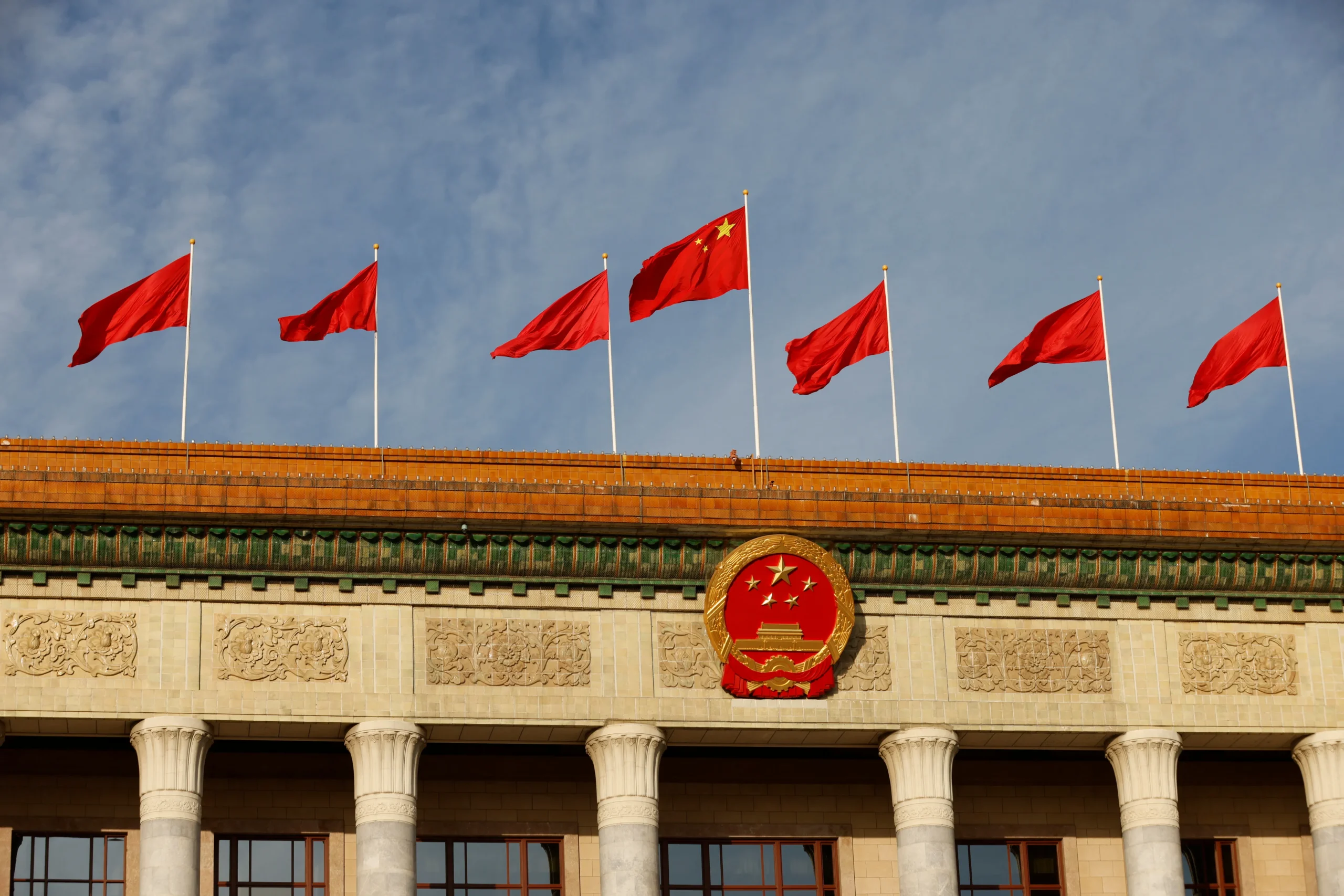
A United States government employee has been prevented from leaving China following a personal visit to the country, Washington confirmed.
The employee works for the US Patent and Trademark Office, an agency within the US Department of Commerce, and was subject to an “exit ban” while traveling in China in a “personal capacity,” the US Department of State announced Monday.
“The Department of State has no higher priority than the safety and security of American citizens,” a State Department spokesperson stated. “We are tracking this case very closely and are engaged with Chinese officials to resolve the situation as quickly as possible.”
The confirmation follows a Washington Post report Sunday that identified the individual as a Chinese-American man employed by the US Commerce Department who was barred from leaving China after allegedly failing to disclose his government employment on a visa application. According to the report, which cited four unnamed sources, the employee had traveled to China several months ago to visit family.
The Hong Kong-based South China Morning Post reported Sunday that the man, a naturalized US citizen, was detained in Chengdu, Sichuan, in April over “actions Beijing deemed harmful to national security.” This account cited an unnamed “source familiar with the matter.”
The Chinese Embassy in Washington referred inquiries to remarks by Chinese Ministry of Foreign Affairs spokesperson Guo Jiakun, who told journalists Monday he had “no details to share” on the case. “China upholds the rule of law and handles entry and exit affairs in accordance with the law,” Guo said at a regular media briefing.
Washington’s confirmation of the exit ban coincided with Beijing’s Monday announcement that it had blocked the departure of another US citizen employed by banking giant Wells Fargo. China’s Foreign Ministry said that Chenyue Mao, an Atlanta-based managing director, was subject to an exit ban due to her involvement in an unspecified criminal case.
The developments occur against a backdrop of longstanding mutual accusations of espionage and domestic interference between Washington and Beijing.
On Monday, the US Department of Justice announced that a Chinese-born US researcher had pleaded guilty to stealing trade secrets, including blueprints for infrared sensors designed to detect nuclear missile launches and track ballistic missiles. Prosecutors said Chenguang Gong, a dual US-Chinese citizen, transferred more than 3,600 company files to his personal storage devices during his employment with a Los Angeles-based research and development firm.
Before joining the company, Gong had traveled to China multiple times seeking funding to develop technology with military applications, prosecutors stated.












Be the first to leave a comment